
Recommendation
Business is an infinite game, per motivational speaker Simon Sinek. The players may change, but the game continues. Sinek, the golden boy of organizational consultancy, offers a slick, polished presentation as he shares the five characteristics of infinite-game leadership, but his analysis, though ripe with real-life examples, lacks any scientific backing or data. Nevertheless, Sinek’s passionate, expert-sounding delivery will maintain his status as an audience favorite.
Summary
About the Speaker
Motivational speaker Simon Sinek wrote the books Start with Why and Leaders Eat Last.
By the same author
Book
Book
Book
Video
Video
Video
Book
Learners who read this summary also read
Book









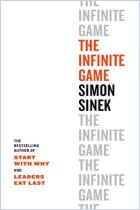

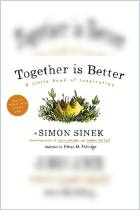





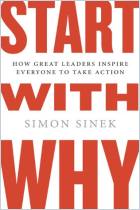
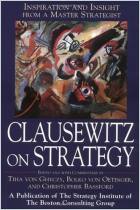
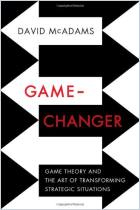
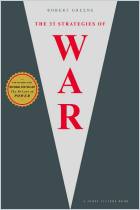
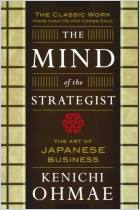
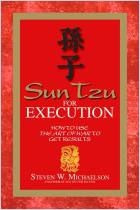
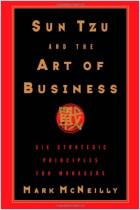


Comment on this summary
We need to readjust to play for the INFINITE game we’re actually in. In finite businesses there is a decline of trust, cooperation and innovation.